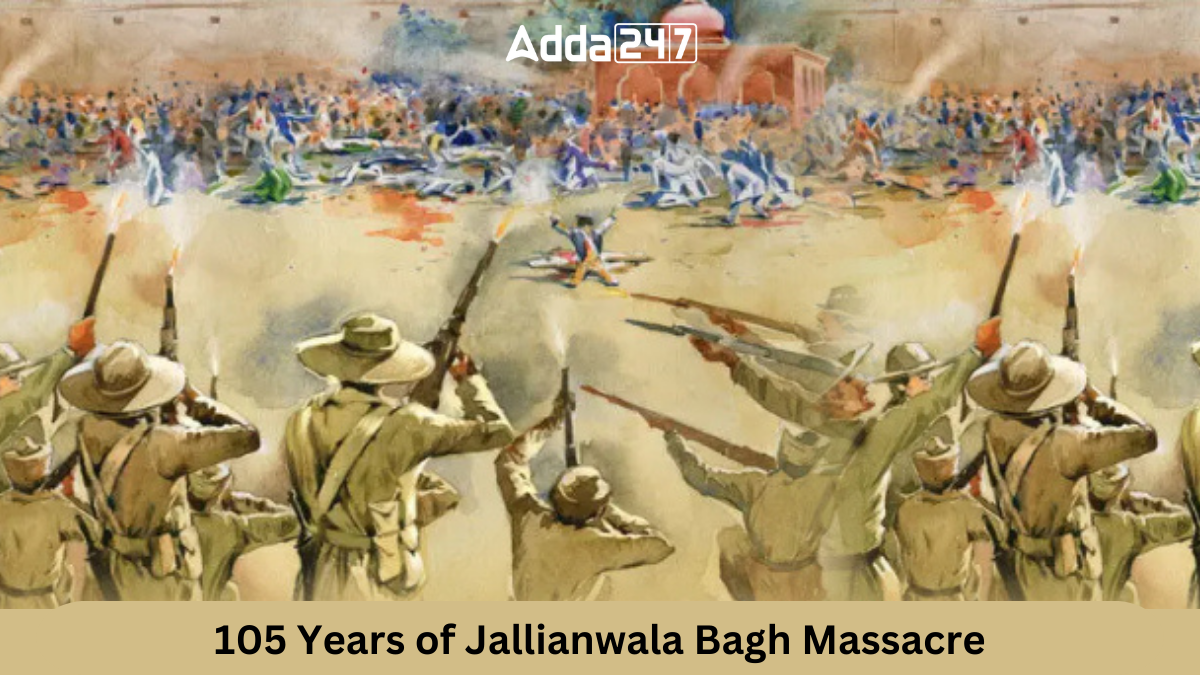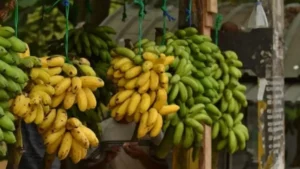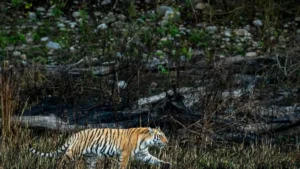The Amritsar Massacre, also known as the Jallianwala Bagh Massacre, remains one of the darkest episodes in India’s struggle for independence. On April 13, 1919, General Dyer ordered his soldiers to open fire on an unarmed gathering in Jallianwala Bagh, Amritsar, leading to hundreds of deaths and injuries. In 2024, India observes 105th anniversary of the Jallianwala Bagh Massacre which serves as a poignant reminder of the sacrifices made in the pursuit of freedom. The repercussions of this atrocity continue to reverberate through history, influencing political discourse and public memory.
Background of Jallianwala Bagh Massacre
The aftermath of World War I saw heightened expectations among Indians for greater political autonomy from British colonial rule. However, instead of easing repressive emergency powers, the British government passed the Rowlatt Acts in 1919, further inflaming tensions. Widespread discontent, particularly in the Punjab region, set the stage for a confrontation between Indian nationalists and British authorities.
The Buildup to Tragedy
The arrest and banishment of prominent Indian leaders in Amritsar sparked violent protests on April 10, 1919. Amidst the chaos, Brig. Gen. Reginald Edward Harry Dyer was tasked with restoring order, imposing a ban on public gatherings and escalating tensions in the city.
Jallianwala Bagh Massacre Unfolds
On April 13, a peaceful gathering of thousands at Jallianwala Bagh, enclosed by walls with only one exit, became the site of unspeakable horror. Without warning, British troops under Dyer’s command opened fire on the unarmed crowd, trapping them within the confines of the space. The indiscriminate shooting continued until the soldiers ran out of ammunition, leaving hundreds dead and many more wounded.
Jallianwala Bagh Massacre – Consequences
News of the massacre spread rapidly, sparking outrage across India and beyond. Rabindranath Tagore renounced his knighthood in protest, while Mohandas Gandhi, initially hesitant to act, launched the noncooperation movement in response to the atrocity. The British government ordered an investigation, resulting in Dyer’s censure and resignation from the military. However, reactions in Britain were mixed, with some praising Dyer as a hero.
Legacy of Jallianwala Bagh Massacre
The Jallianwala Bagh site, now a national monument, serves as a poignant reminder of the sacrifices made in the struggle for Indian independence. The massacre left a permanent scar on Indo-British relations and galvanized the Indian nationalist movement, paving the way for future resistance against colonial rule.
Quotes to Mourn to Lives Lost in Jallianwala Bagh Massacre
- “Swaraj is my birthright and I shall have it.” – Bal Gangadhar Tilak
- “Freedom is never dear at any price. It is the breath of life. What would a man not pay for living?” Mahatma Gandhi
- “Sarfaroshi ki tamanna ab hamare dil mai hai, dekhna hai zor kitna baazu-e-qaatil mai hai” – Bismil Azeemabadi
- “Inquilab Zindabad” – Bhagat Singh
- “Tum Muje Khoon Do, Mai Tumhe Azadi Dunga” – Subhash Chandra Bose.




 Which is the Largest Banana Producing St...
Which is the Largest Banana Producing St...
 Which is the First Tiger Reserve of Utta...
Which is the First Tiger Reserve of Utta...
 Which Vitamin is Found in Bananas? Check...
Which Vitamin is Found in Bananas? Check...








